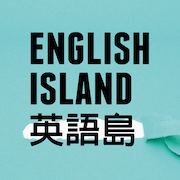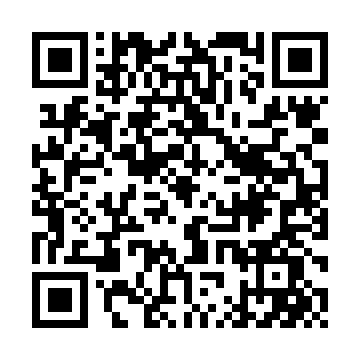
「台幣升值」用英文怎麼說?跟你想的不一樣!
在一場國際視訊會議裡,Eason 正在向總部彙報台灣市場的變化。他想說最近新台幣升值,對出口產業影響很大。於是他說出:
"The Taiwan dollar is getting expensive."
螢幕那頭一片靜默,有位美國財務長還微微皺了一下眉頭。
錯在哪?"getting expensive" ≠ 升值
中文裡的「升值」我們在口語常說「變貴」,但英文的 expensive 指的是「購買成本高」,通常是形容商品的價格,不是貨幣價值。
所以當你說:
"The Taiwan dollar is getting expensive."
外國人可能會想:「是台幣印刷成本變高嗎?還是用起來很貴?」
這會讓原本想表達的「匯率變動」,變得模糊甚至令人困惑。
正確說法:appreciate(升值)/strengthen(走強)
英文要說「貨幣升值」,可以用財經語感強的動詞:
例句:
- The New Taiwan Dollar has appreciated against the US Dollar.
(新台幣相對美元升值了。) - The NT dollar has strengthened significantly in recent weeks.
(新台幣近幾週大幅走強。)
相反的「貶值」又怎麼說?
- The currency has depreciated. (貨幣貶值)
- The NT dollar weakened against the greenback. (對美元走貶)
延伸錯誤 #1:用 “high” / “low” 說匯率?
這也是常見中式英文思維:
(X) "The NT dollar is very high now."
(X) "The US dollar is low these days."
英文裡這樣說不清楚,因為 high/low 沒有明確參照點,會讓人搞不懂你是在說物價、利率、還是購買力。
正確用法是:
- The NT dollar has risen to 30.5 against the USD.
- The USD has fallen against Asian currencies.
延伸錯誤 #2:用 “more valuable”?
雖然 “value” 有價值的意思,但如果你說:
"The Taiwan dollar is more valuable now."
這句話不是錯,但不夠精準,聽起來像是「這個貨幣變得比較有意義」。
下次在簡報中要說台幣升值時,試著換成這句:
"The Taiwan dollar has appreciated significantly, which is putting pressure on exporters."
一句話,不只正確,還能讓你在國際職場更有說服力!
| 加入Line好友 |  |

 擔心生理健康,心理卻出問題?
擔心生理健康,心理卻出問題?